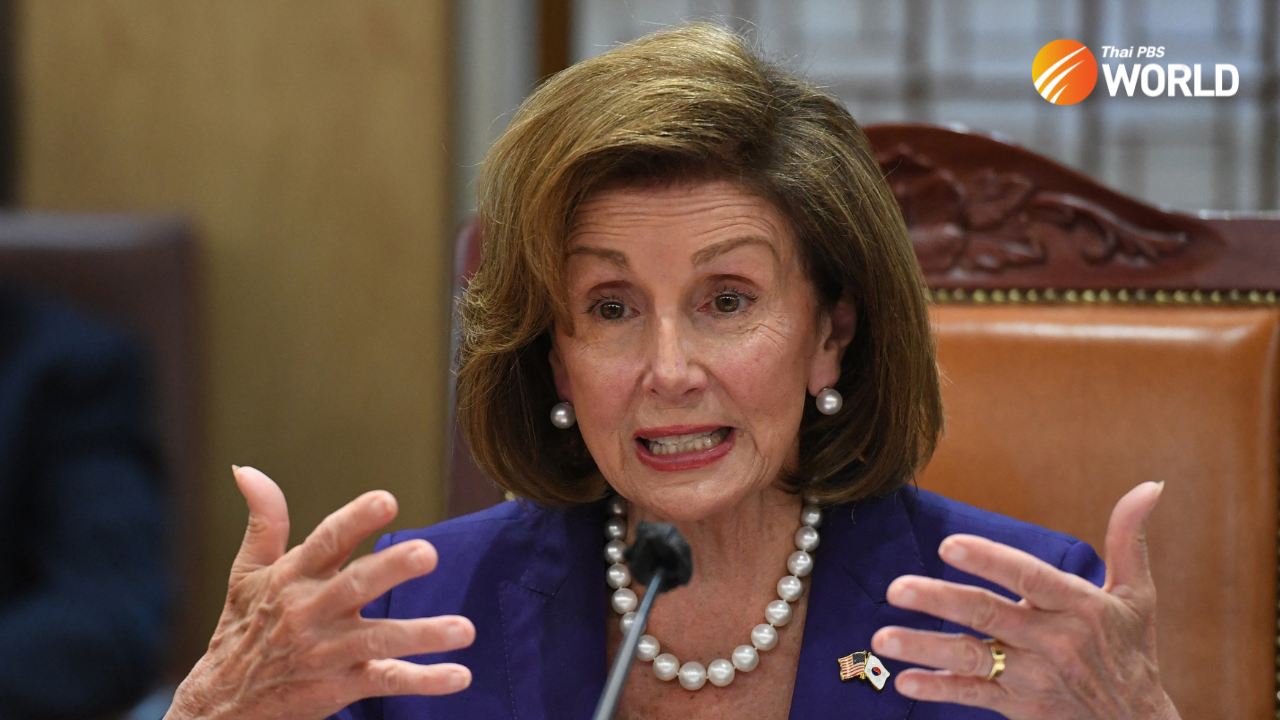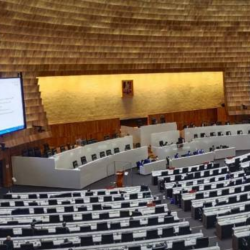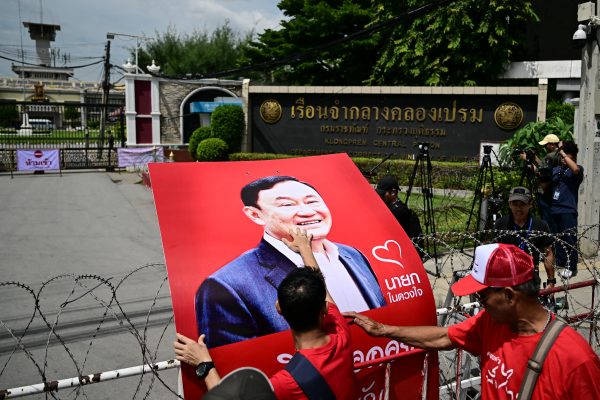Pelosi’s disastrous legacy

US House Speaker Nancy Pelosi decided to stopover in Taiwan, which China viewed as a violation of its “One China” policy. It was an act of selfishness, one that grew out of her own desire to leave a legacy. Eventually, her action will bring all kinds of intended and unintended consequences.
The intended consequence of her visit was clear for all to see. She knows that her time as the house speaker is ending this year. The mid-term elections in November are almost certain to result in defeat for the Democrats, according to American political pundits. So, it is better to do it now than later. Otherwise, her visit would not be as “special”.
The unintended consequence is potentially enormous, because it will impact relations between the US and China in the months and years to come. First of all, the credibility of President Joe Biden has been ruined. In his marathon phone call recently, he pledged to Xi that the US respects the One China policy. He also said that the US does not support an independent Taiwan.
China is taking Pelosi’s visit extremely seriously, because she is the second person in line for the US presidency. Her visit represented the US, no matter what kind of excuses were made. As such, from now on, US-China ties have been upended, due to her intransigence. It will certainly take a long time to heal.
Her visit was also hyped by the mainstream media in the US as a testimony to the US standing up to China. The narratives in some of American media were complacent, saying that Beijing’s warning should be ignored. It was a bluff and, as such, must not be taken seriously.
It is interesting to note that, when the Shanghai Communique was signed in 1972, the US government had no problem at all with the conditions sought by the Chinese government. The most important of these was that the US acknowledged that there is one China and Taiwan is a part of China.
Furthermore, the two countries agreed to respect each other’s national sovereignty and territorial integrity. They also agreed that neither country should establish hegemony in the Asia-Pacific. Ten years later, both countries reaffirmed their relations and the One China policy in the third communique in 1982. The US also agreed to reduce arms sales to Taiwan.
China is not what it was back in 1972. The country has become a strategic competitor to the US. It is difficult for the US to recognise this new reality. Using the dichotomy of democracy vis-a-vis autocracy against the Chinese, which Pelosi spelled out during her trip, will not work in the end. The global community is diverse, with different political cultures fitting in to regional and local ecosystems.
As her visit occurred during the annual ASEAN meeting, the bloc’s foreign ministers issued a statement reaffirming their One China policy and called non all parties to exercise maximum restraint and refrain from provocation.
The statement was issued after the ASEAN ministers discussed the cross strait situation during the retreat yesterday (Wednesday). The statement also warned that the visit could lead to miscalculation, serious confrontation and unpredictable consequences.
ASEAN ministers also said that the bloc stands ready to play a constructive role in facilitating peaceful dialogue between all parties, to deescalate tension, and safeguard peace, security and development in the region.
ASEAN and the rest of the international community want stable US-China relations, as the current global economic situation is dire, due to food and energy crises. It is hoped that the leaders of the superpowers will have the wisdom to rectify their negative actions.
By Kavi Chongkittavorn






